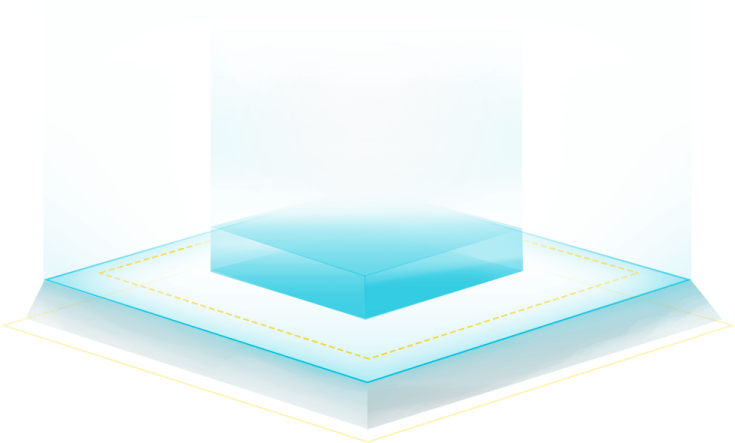Online
All Product Categories
Mine communication cable
Applicable to underground, cable trench, pipeline, air and other laying methods, armored cable is suitable for more severe environments
Mine communication cable
Applicable to underground, cable trench, pipeline, air and other laying methods, armored cable is suitable for more severe environments
Other Product Cases
Step 1
Category
| Model | Description |
| MHYV | Polyethylene insulated PVC sheathed communication cable for coal mines is suitable for underground communication systems in coal mines and can transmit voice, data and other signals. |
| MHYAV | Polyethylene insulated aluminum-plastic bonded integrated sheathed communication cable has good moisture-proof and waterproof properties and is suitable for underground environments with high humidity. |
| MHYA32 | Polyethylene insulated aluminum-plastic bonded sheathed steel wire armored communication cable, the steel wire armored structure enhances the mechanical strength of the cable and can be used for communication lines that need to withstand large tension or pressure. |
Step 2
Features
01
High security
Mining communication cables usually use flame retardant, fire resistant or low smoke zero halogen (LSZH) materials, which can effectively prevent the spread of fire and reduce the release of toxic gases, ensuring the safety of mines and other places.
02
Anti-electromagnetic interference
Mining communication cables are widely used in mines, tunnels and other environments. They have strong anti-electromagnetic interference capabilities and are often equipped with metal shielding layers (copper tape shielding, aluminum foil shielding, etc.) to ensure stable signal transmission.
03
Strong corrosion resistance
The outer sheath material of mining communication cables usually has strong corrosion resistance and is suitable for mines, chemical industries and other environments with heavy humidity or chemical corrosion.
04
Waterproof performance
The use of waterproof sheath and filling materials can adapt to humid environments and ensure the long-term stable operation of cables.
05
Adapt to high and low temperatures
The operating temperature of mining communication cables can adapt to the range of -40°C to 70°C, and can cope with high temperature, low temperature and working environments with large temperature differences.
06
Flexible structure
There are usually a variety of specifications and core numbers to choose from to meet different communication needs. For example, single-core, dual-core, quad-core, and octal-core cables can provide flexible wiring solutions.
07
Abrasion resistance
The cable's structural design can effectively reduce wear and tear and adapt to long-term use in harsh environments such as mines.
08
Signal transmission stability
The mining communication cable can reduce external electromagnetic noise interference and ensure signal stability of the communication system through a sophisticated shielding layer design.
Step 3
Specs
| Parameters | Mining communication cable |
| Rated voltage | 300/500V, 0.6/1kV |
| Conductor material | Copper or aluminum |
| Conductor structure | Single or twisted conductor |
| Insulation material | Polyethylene (PE), polyvinyl chloride (PVC) |
| Insulation thickness | 0.8 mm ~ 2.0 mm |
| Sheath material | Copper tape shield, aluminum foil shield, metal braid |
| Shielding layer structure | Shielding layer can be single, double or multi-layer |
| Outer sheath material | Polyvinyl chloride (PVC), polyethylene (PE) |
| Outer sheath thickness | 1.5 mm ~ 3.0 mm |
| Operating temperature | -20°C ~ +70°C (common) or higher |
| Minimum operating temperature | -40°C (adaptable to severe cold environment) |
| Short circuit resistance temperature | 160°C ~ 250°C |
| Fire resistance | Flame retardant, fire resistant, low smoke zero halogen (LSZH) |
| Cable structure | Single core, double core, four core, eight core, etc. |
| Current carrying capacity | Depending on the cable cross-sectional size and specific application environment |
| Dimensions | Depending on the number of cores, specifications, and sheath type |
| Cable weight (approx.) | 10~25 kg/m (depending on the specifications) |
WhatsApp
Email
WeChat
WhatsApp
Email
WeChat
Contact
You can contact us through the following four methods, and we will get in touch with you immediately after receiving your inquiry!
Call us
Send Email
Leave a Message
Add WeChat or WhatsApp















